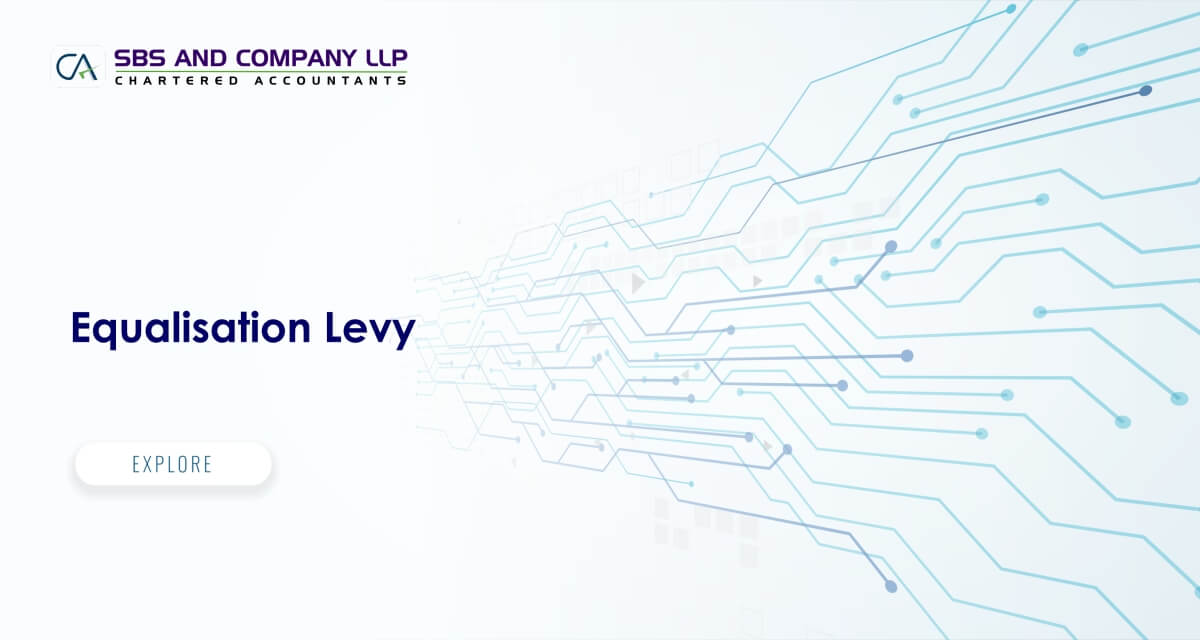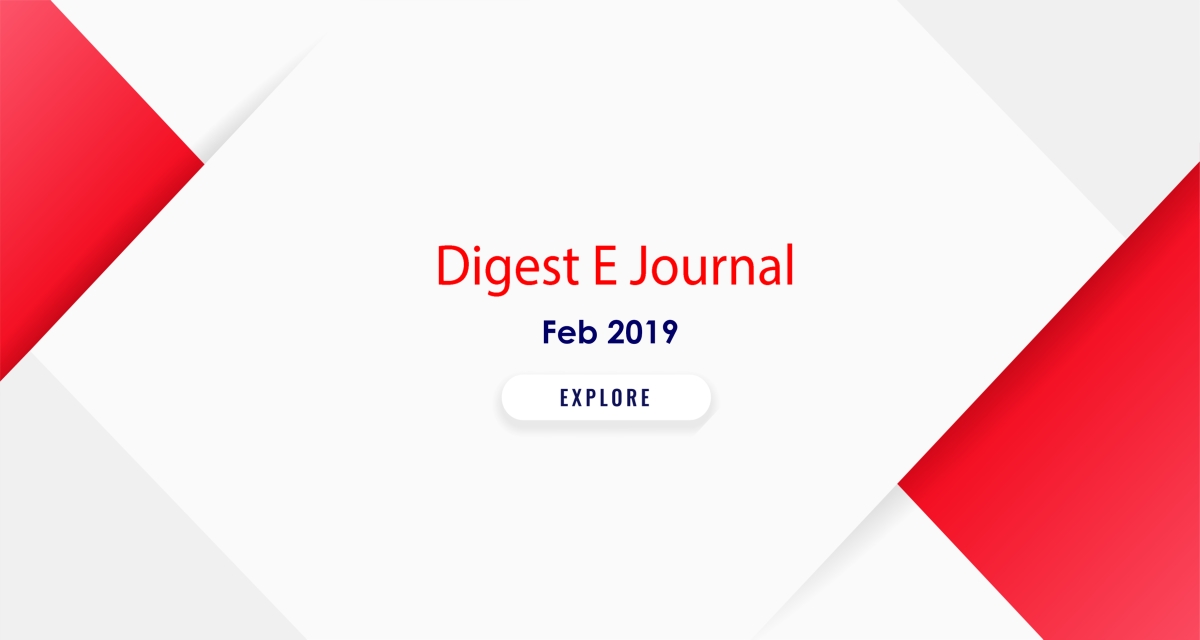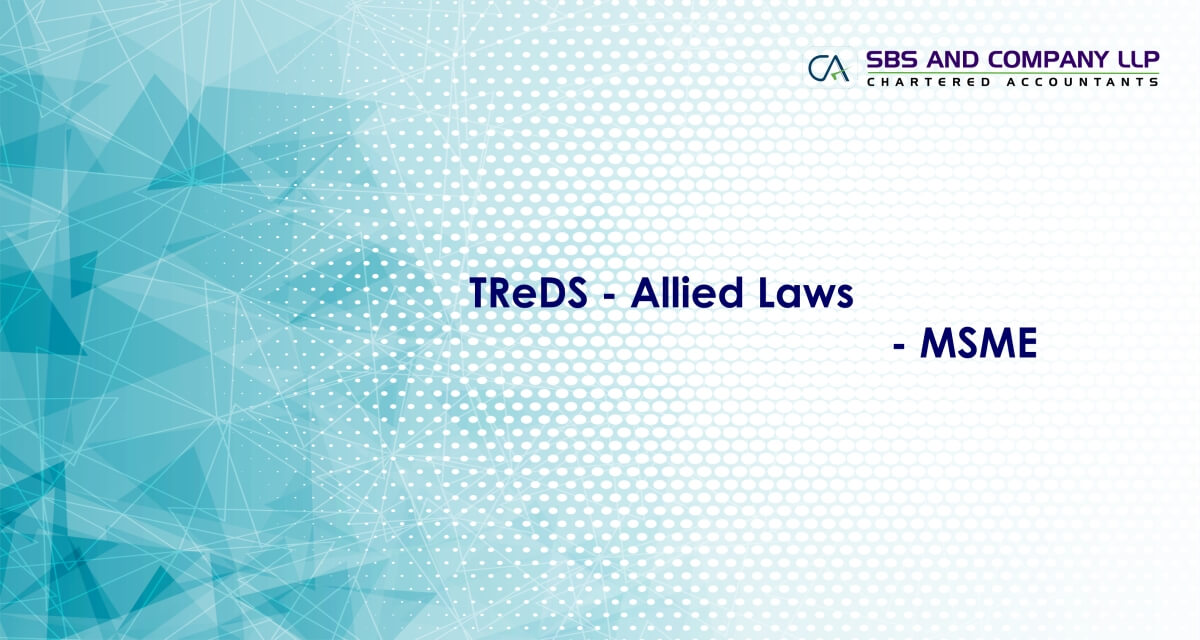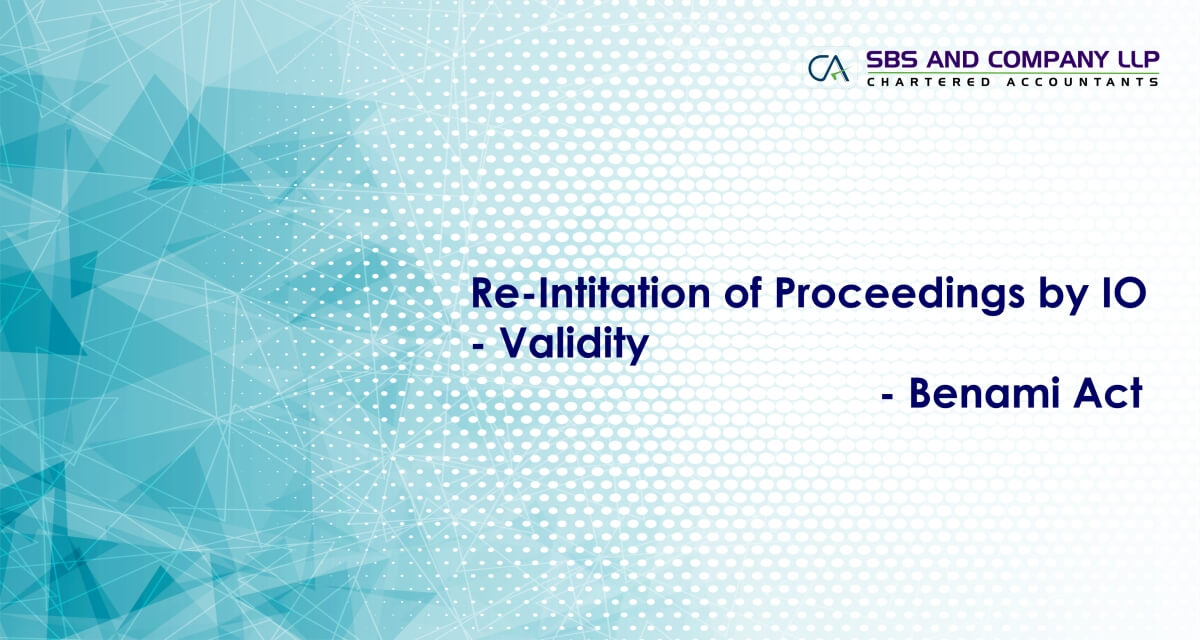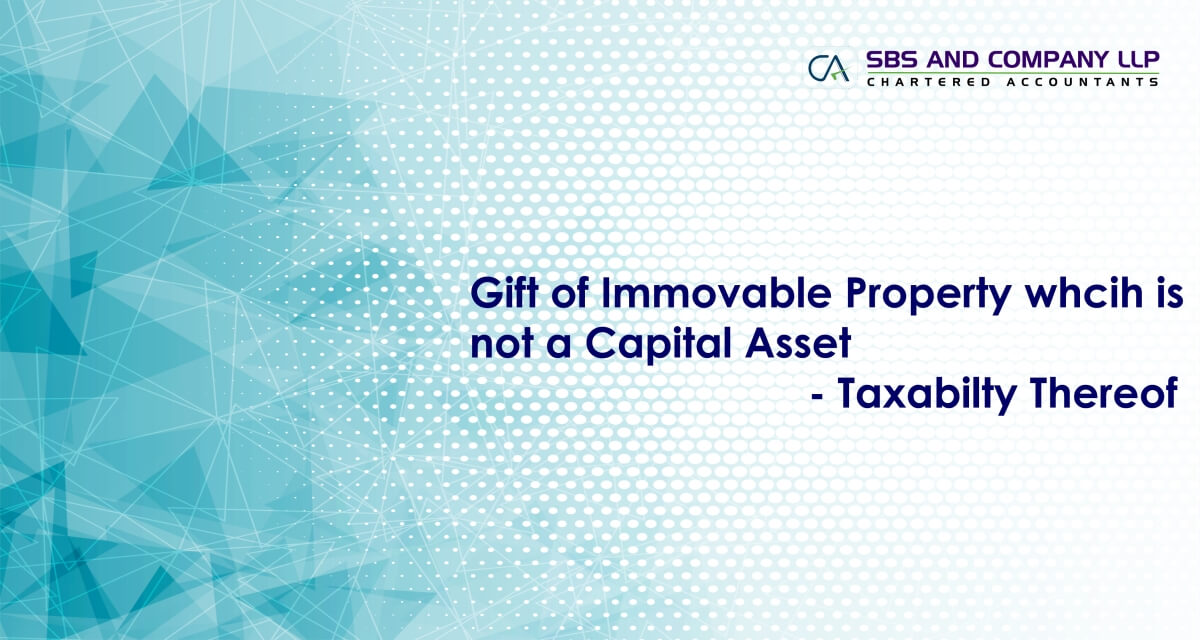- INTRODUCTION
“Equalise" is to make something equal or distribute evenly and “Levy” is to impose or charge, thus Equalisation Levy creates a level playing field.
Under the existing rules of International Taxation, the Country of Source (“COS”) can tax a non-resident, carrying Business through electronic means, without any physical presence, only if the non-resident has a permanent establishment (“PE”) in the COS. E-commerce companies do not need PE in any COS. They can set up the companies in tax havens and avoid tax in Country of Residence (“COR”) hereby avoiding payment of taxes in both the countries.
E.g. Indian Company is receiving advertisement services from US Company. Here, COS is the Indian Company and COR is the US Company.


